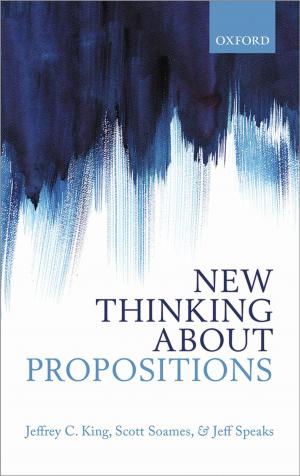Network Governance and the Differentiated Polity
Selected Essays, Volume I
Nonfiction, Social & Cultural Studies, Political Science, Politics, Practical Politics, Social Science| Author: | R.A.W. Rhodes | ISBN: | 9780191089312 |
| Publisher: | OUP Oxford | Publication: | July 4, 2017 |
| Imprint: | OUP Oxford | Language: | English |
| Author: | R.A.W. Rhodes |
| ISBN: | 9780191089312 |
| Publisher: | OUP Oxford |
| Publication: | July 4, 2017 |
| Imprint: | OUP Oxford |
| Language: | English |
Network Governance and the Differentiated Polity is the first of two volumes featuring a selection of key writings by R. A. W. Rhodes. Volume I collects in one place for the first time the main articles written by Rhodes on policy networks and governance between 1990 and 2005. The introductory section provides a short biography of the author's journey, Part I focuses on policy networks, and Part II focuses on governance. The conclusion provides critical commentary, both replying to critics and reflecting on theoretical developments since publication. The volume complements the author's other publications on networks and governance, and many chapters in the volume feature an afterword setting out the context in which it was written and identifying what has changed empirically. Volume II looks forward and explores the 'interpretive turn' and its implications for the craft of political science, especially public administration.
Network Governance and the Differentiated Polity is the first of two volumes featuring a selection of key writings by R. A. W. Rhodes. Volume I collects in one place for the first time the main articles written by Rhodes on policy networks and governance between 1990 and 2005. The introductory section provides a short biography of the author's journey, Part I focuses on policy networks, and Part II focuses on governance. The conclusion provides critical commentary, both replying to critics and reflecting on theoretical developments since publication. The volume complements the author's other publications on networks and governance, and many chapters in the volume feature an afterword setting out the context in which it was written and identifying what has changed empirically. Volume II looks forward and explores the 'interpretive turn' and its implications for the craft of political science, especially public administration.















